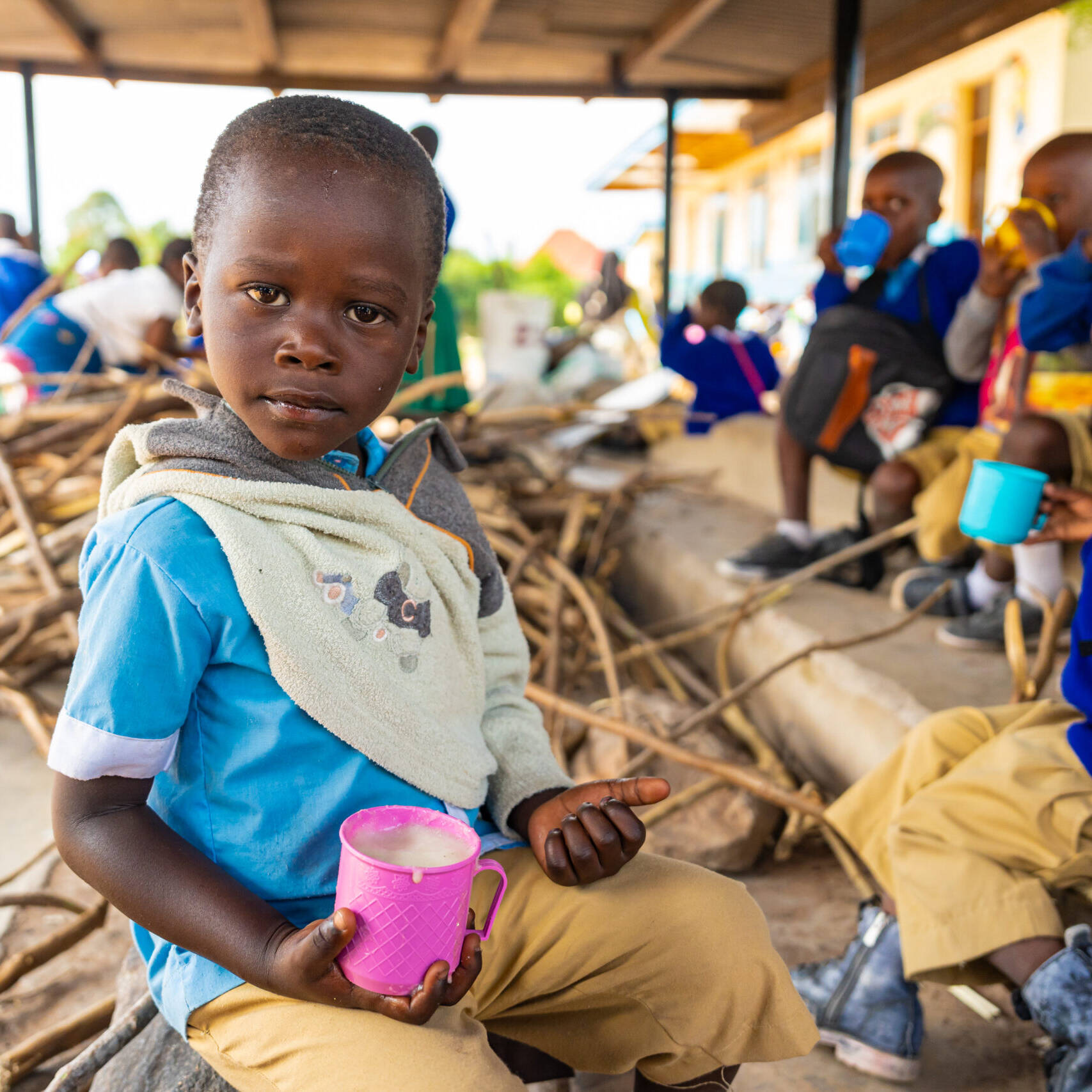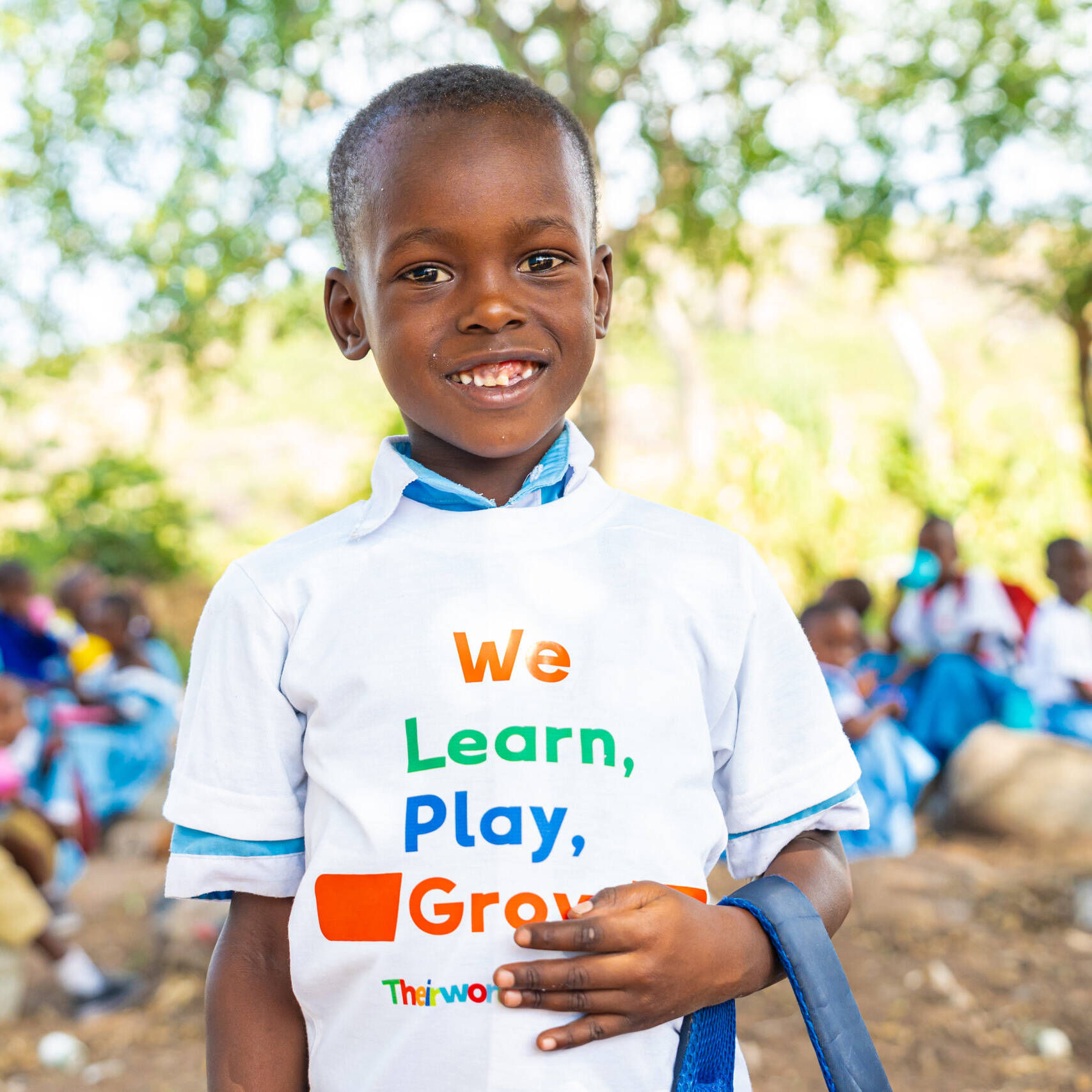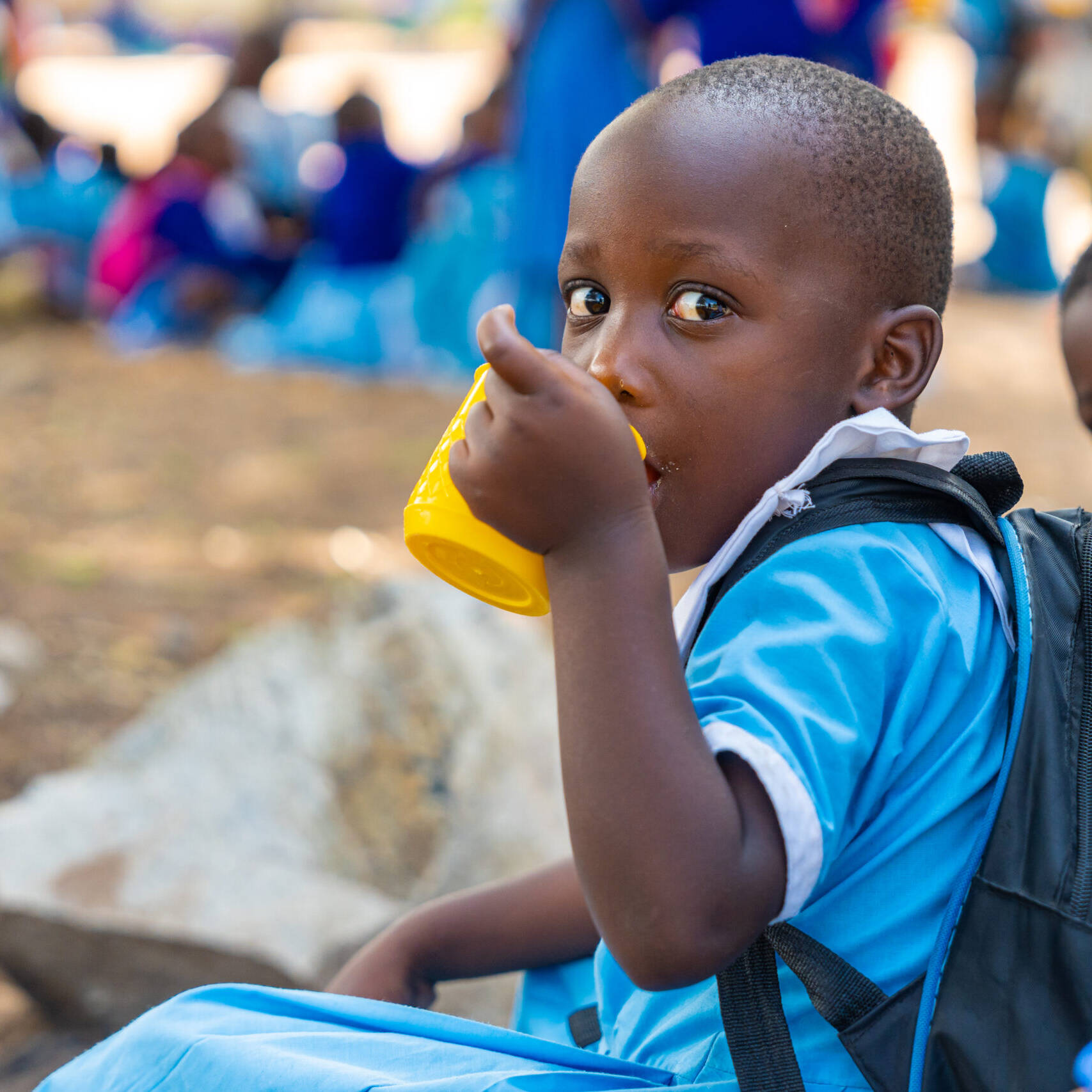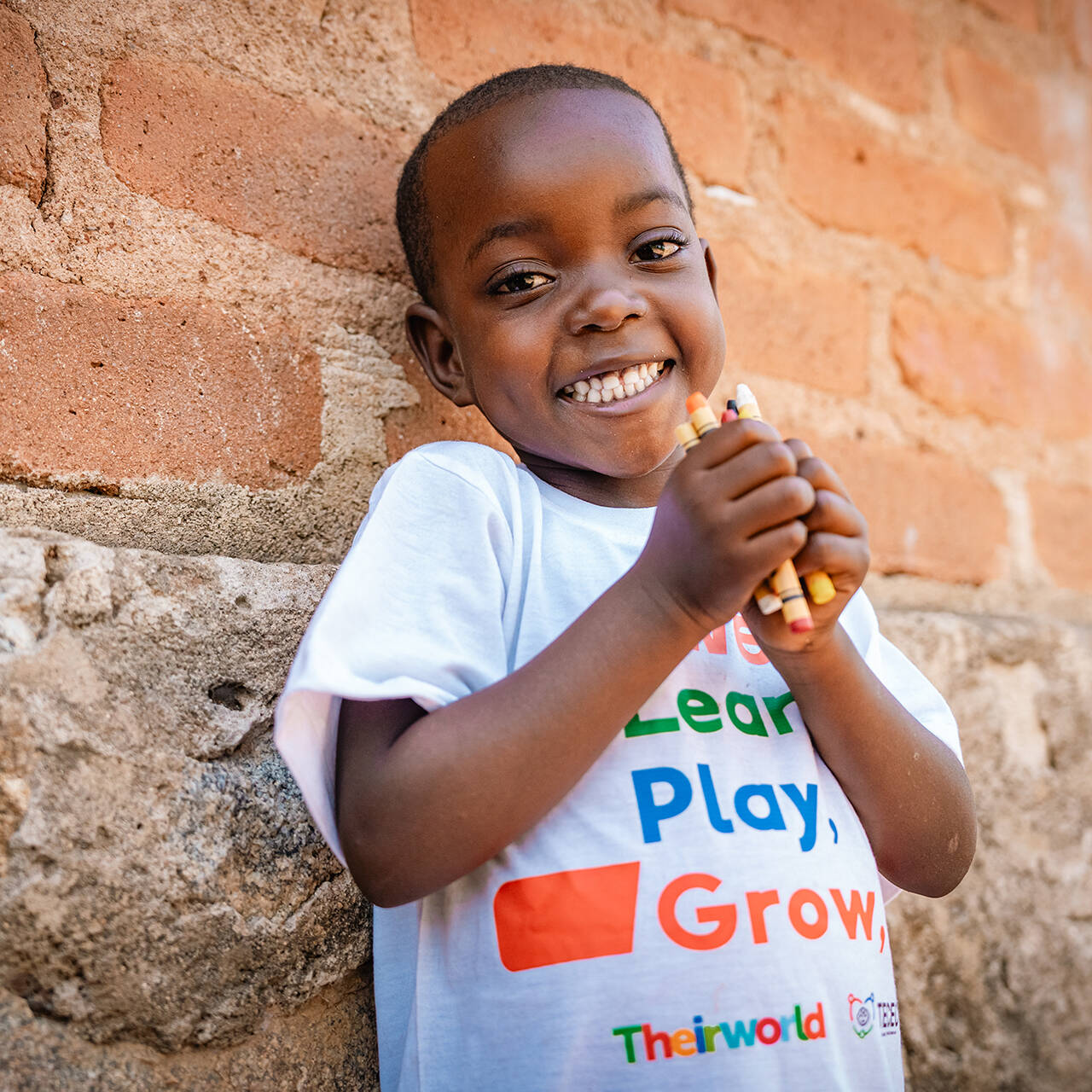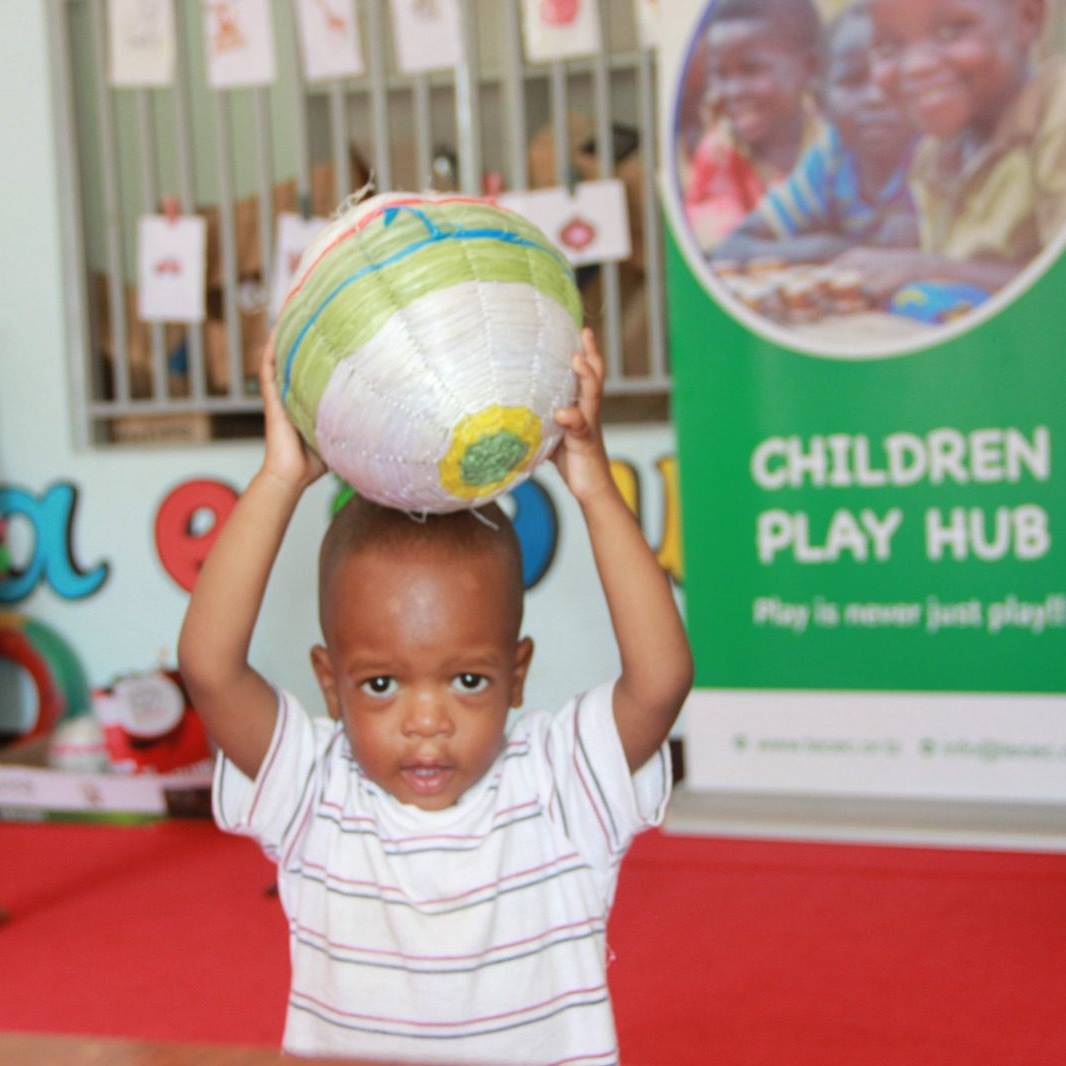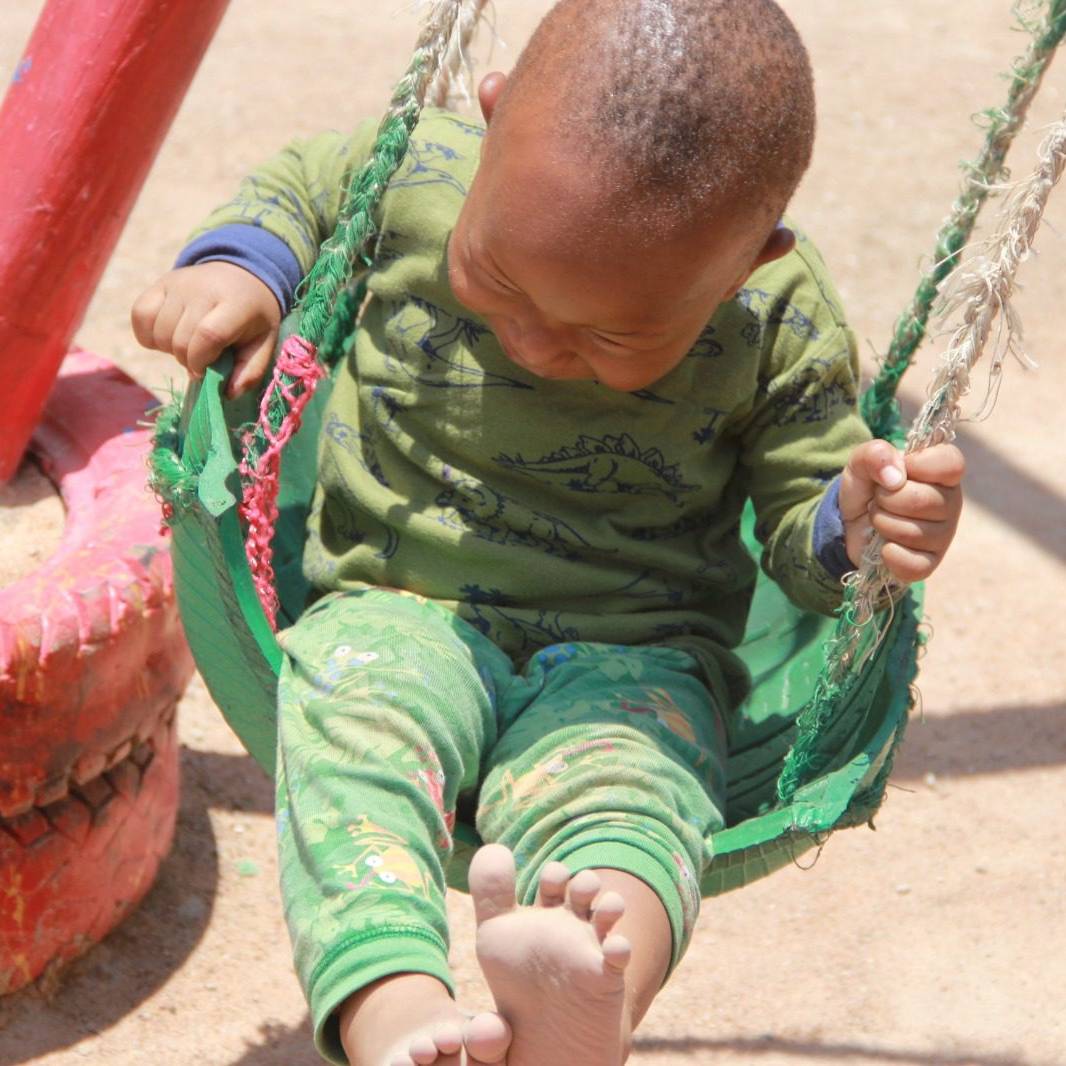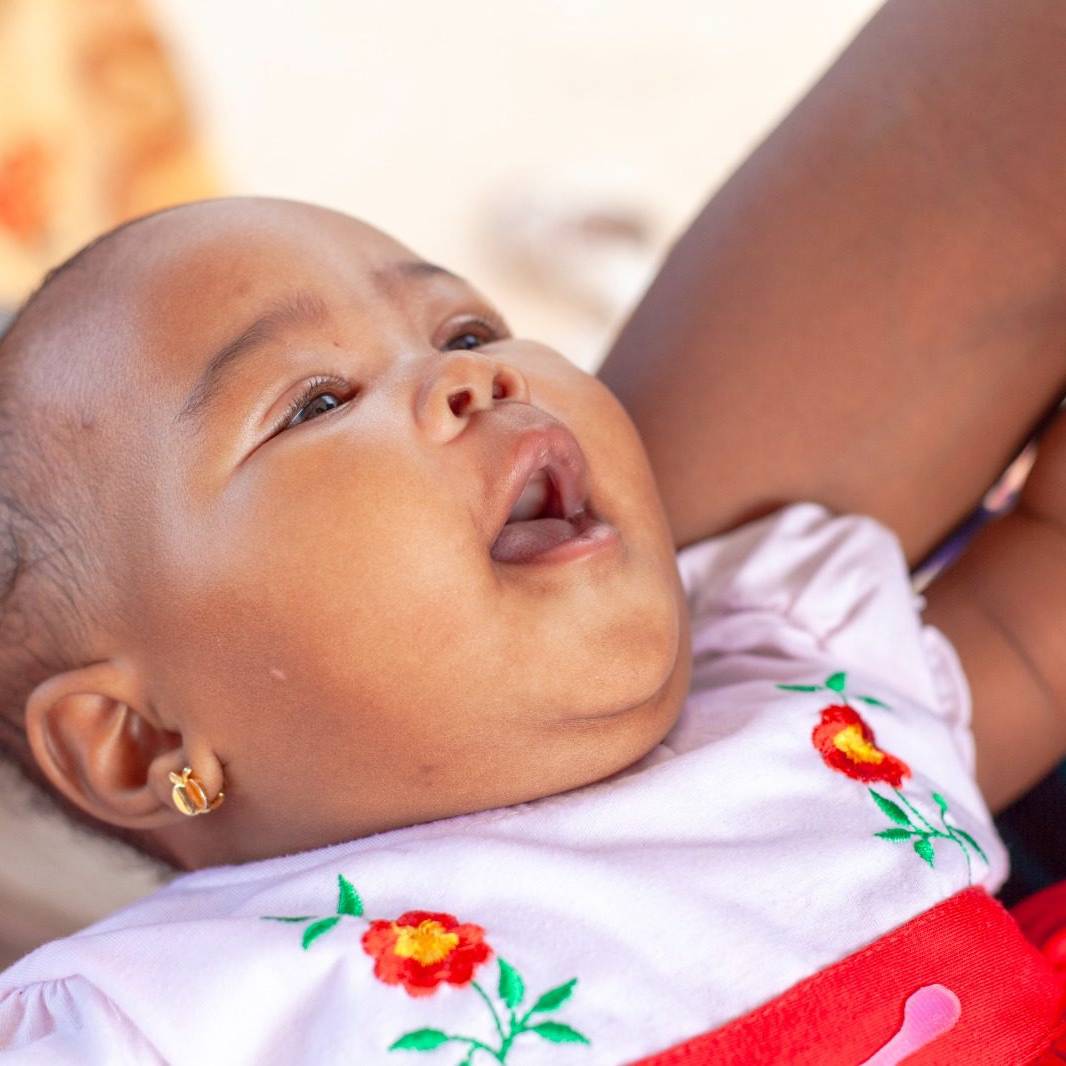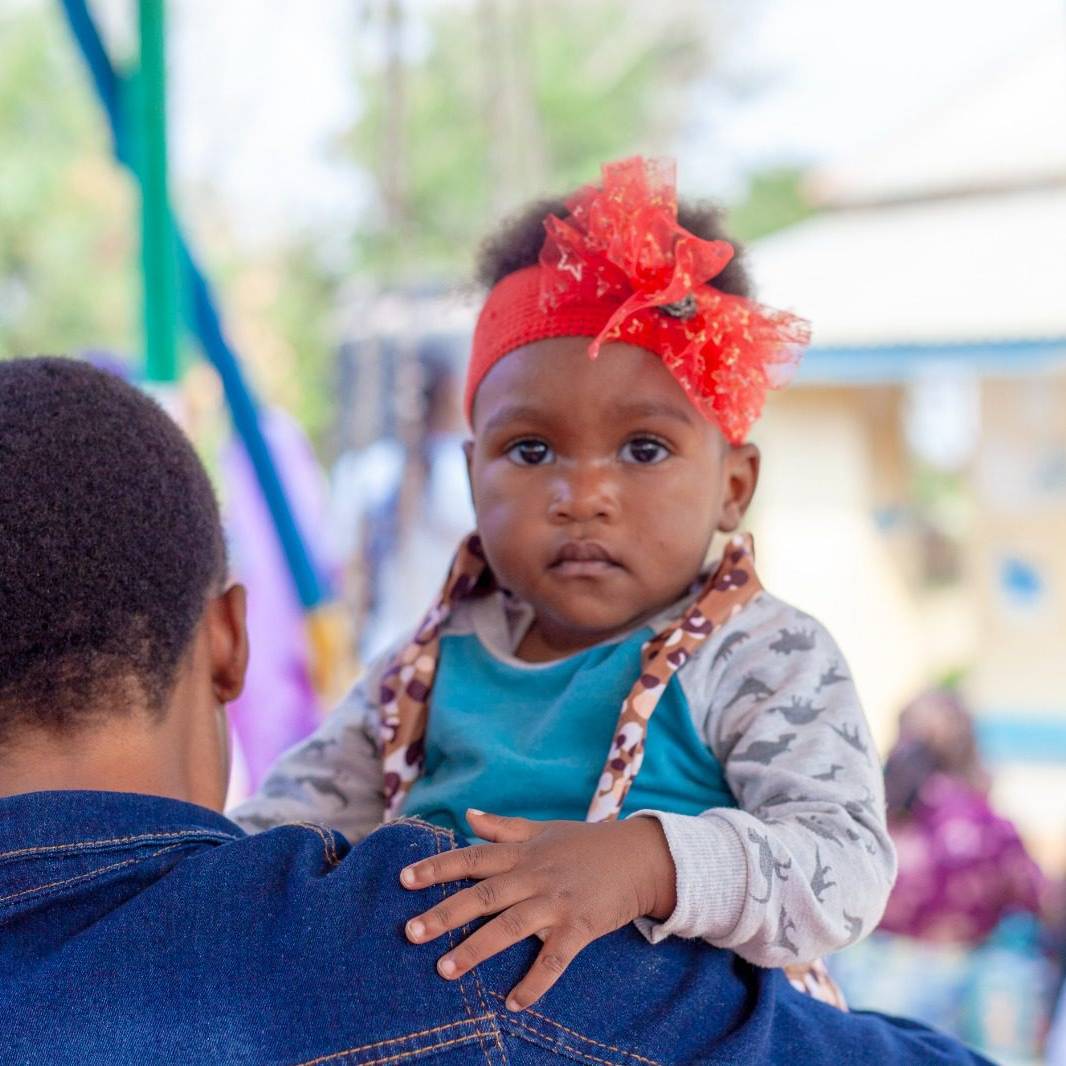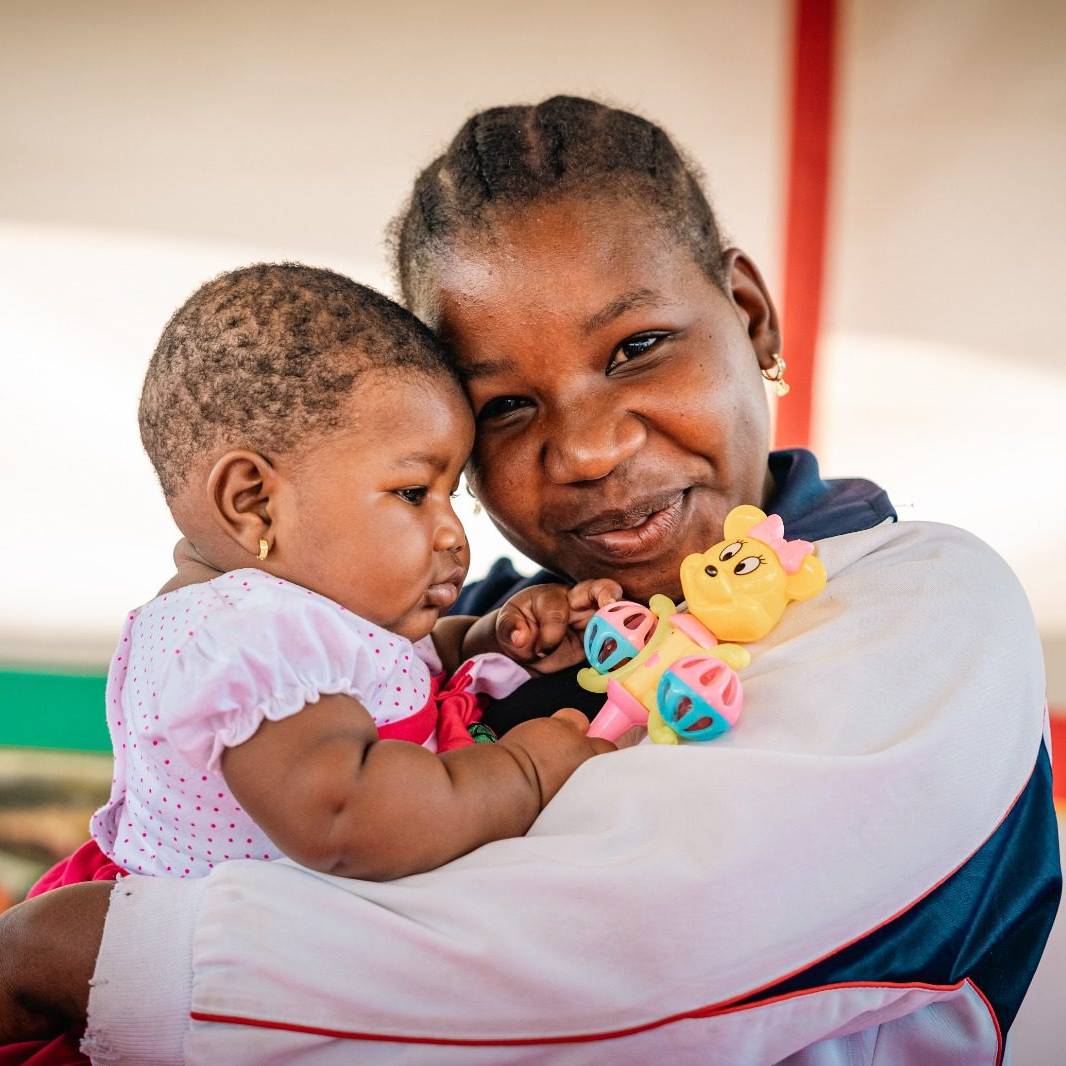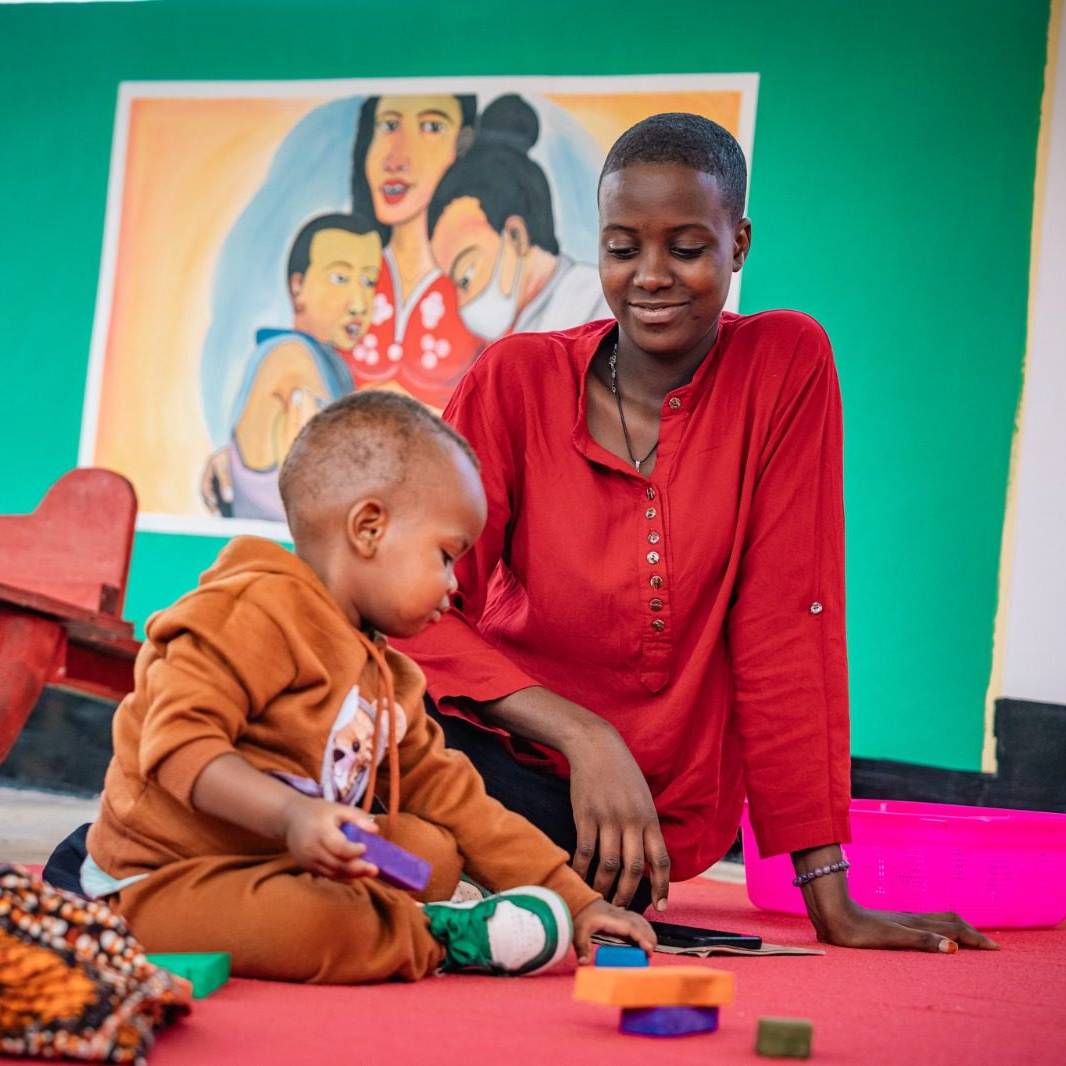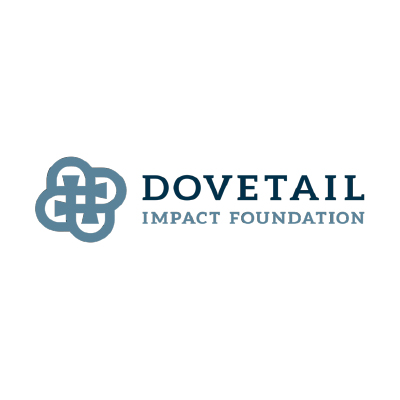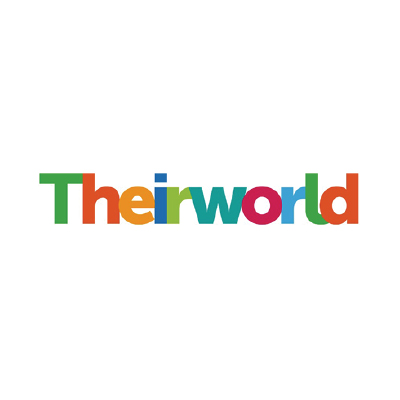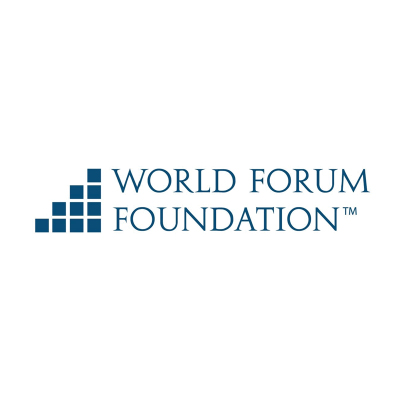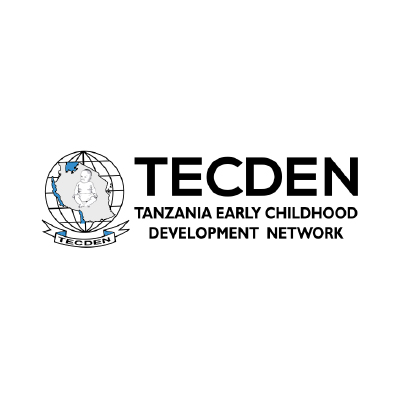We collaborate to prevent and address developmental delays in young children during their first five years in low-income communities.
Who We Are
Tanzania Early Childhood Education and Care (TECEC) is a national, community-rooted organization collaborating with families and communities to prevent and address developmental delays in children aged 0–5. We achieve this through community-driven approaches in low-income areas across Mwanza, Mara, and Rukwa.
TECEC was founded in 2021 and formally registered under the NGO Act of 2002 with registration No. 00NGO/R/4682
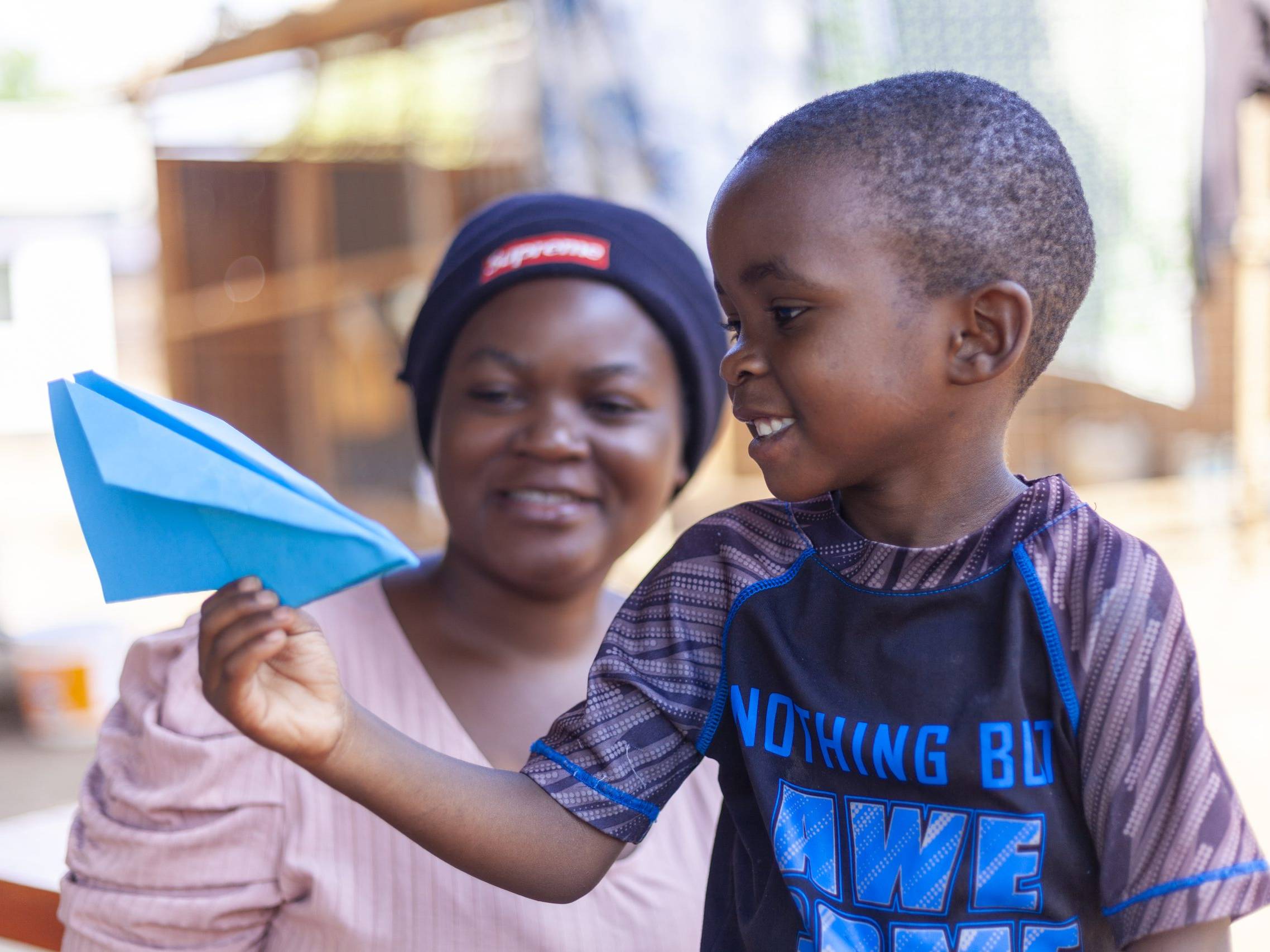
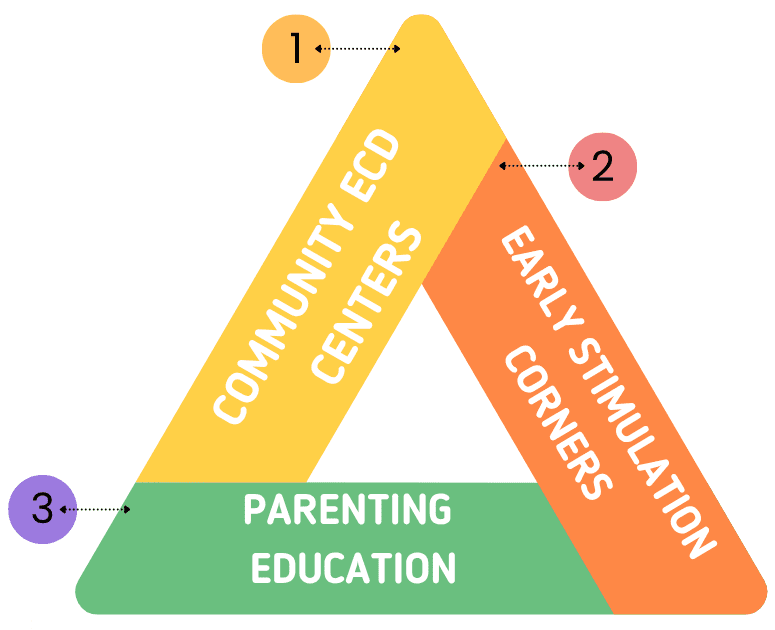
What We Do
Our Model The Echoes of the First Years identifies the most pressing children needs in each community and responds with practical, sustainable solutions. We innovatively support the establishment of community ECD centers, create early stimulation corners in health facilities, and strengthen families through parent and caregiver training, nutrition, home visits, and livelihood support, ensuring children stay developmentally on track and thrive
Impact in Numbers
What We’ve Accomplished by today.
Trained ECD & Preschool Teachers
Parents, Caregivers & Health Workers Reached
Pregnancy Mothers & Children Supported with Fortified Flour
Community ECD, Play based Classes & Stimulation Corners
20,100 Total Children Reached over the past three years.
Impact on Children’s Lives (Ages 2–5)
Our collaboration with families and communities directly improves children’s learning, physical development, and overall well-being across the communities we serve. Over the past three years, these efforts have reached 20,100 children in Mwanza, Mara, and now Rukwa.
68%
Literacy & Numeracy
68% can identify letters, read simple words & recognize numbers (up from 35%).
82%
Physical Development
82% show fine motor skills & are healthy for play (up from 54%).
71%
Social-Emotional Growth
71% interact well with peers & stay focused (up from 42%)
76%
Learning & Independence
76% follow instructions & complete tasks (up from 39%).
Testimonials
As a first-time father, I wasn’t sure how to help my child develop. The Hub taught me how to communicate with her and why early play is important. Now I feel more confident and connected to my daughter. Michael, father and first-time caregiver
I never realized how important nutrition is for my child’s learning. The Hub helped me understand how to prepare simple, nutritious meals and how it affects brain development. Now I involve my child in meal prep, and we both enjoy it!Neema, mother of two
What I love most about the Hub is meeting other parents. We share ideas, encourage each other, and I no longer feel alone in this journey. It feels like a second family that truly cares about our children’s future.Julius, father of a preschooler
